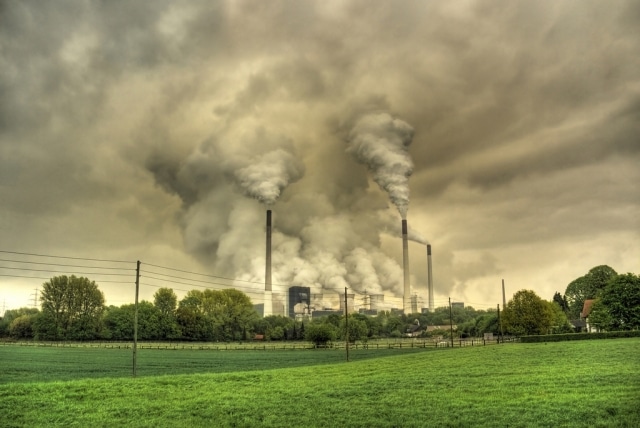At least $83 billion USD in financing was provided to 65 coal mining and energy companies last year by 92 of the world’s leading commercial banks, according to a Dutch report published Wednesday.
Leading banks provided $500 billion in financing for the coal industry through 2,283 lending and underwriting transactions between 2005 and April 2014, said the report Banking on Coal 2014, which was released by BankTrack in Nijmegen.
The top 20 financiers provided 73 per cent of this amount alone, added the report, released just days ahead of the publication of the fifth United Nations Intergovernmental Panel on Climate Change (IPCC) assessment.
The report said JPMorgan Chase was the top financier between 2005 and this year, lending more than $27 billion, while Citi, in second place, lent $25.8 billion and third-place RBS provided $22.9 billion to coal-related borrowing.
Bank finance for coal is increasing rapidly, the report said, adding 2013 was a record year for coal finance, with commercial banks providing more than $88 billion to the main 65 coal companies – over four times the amount provided in 2005.
Yann Louvel, BankTrack’s climate and energy campaign coordinator, said the new data shows that rising coal financing continues to provide a vital lifeline to the increasingly beleaguered coal industry, while at the same time placing the planet in climate jeopardy.
“This is the most extensive data ever compiled on commercial bank financing of both coal mining and coal power, and even though we’re probably only covering little more than half of the global banking sector’s true financial support for the sector, the conclusion is stark: the lending figures have been rising steadily since 2005, and last year was a record year,” Louvel said.
The report said JPMorgan Chase remains the world’s biggest ‘coal bank’ over the period 2005 to April 2014, in spite of its oft-stated claims to be “transitioning to a low-carbon economy” and its commitments to initiatives such as the Carbon Principles.
It also said a major trend recently has been the growing role of Chinese banks in coal financing.
Between 2011 and 2014, six of the top 20 coal banks are Chinese, including the top three, the report states.
By comparison, between 2005 and 2014, only four Chinese banks are in the top 20, and none in the top three.
Banks headquartered in just three countries — China, U.S. and U.K. — were responsible for the majority (62 per cent) of coal financing between 2011 and 2013, the 28-page report added.
It also noted that coal is the single greatest source of man-made carbon dioxide (CO2) emissions heating up our planet.
“According to the [International Energy Agency], 44 per cent of global emissions from fossil fuels come from coal. Since the year 2000, global coal production has grown by over 69 per cent and now amounts to a staggering 7.9 billion tons annually.”
The report said commercial banks must stop bankrolling climate change by ending support for new coal extraction and delivery projects, as well as for new coal-fired power plants.
“Banks must also start becoming responsible asset managers and divest from the coal companies in their portfolios,” the report said. “Banks must finally stop trading coal – both ‘physical coal’ and coal derivatives.”
It also said banks must finally calculate and disclose the financed emissions associated with their loans, investments and other financial services.
“The next step must be to rapidly decrease these financed emissions, in line with global and national climate targets, and shift their energy finance from fossil fuels to energy efficiency and renewables.”
BankTrack is a global network of civil society groups tracking the operations and investments of private sector banks and their effect on people and the planet. It has also published Bankrolling Climate Change and Banking on Coal 2013.
Alex Scrivener, policy officer at the UK-based World Development Movement, which works with BankTrack, said banks all over the world are fuelling a whole new round of coal mines and coal-fired power plants when humankind needs to be rapidly pulling back from coal in order to avoid the worst impacts of climate change.
“Any notion of ‘ethical banking’ is incompatible with financing an energy source like coal,” Scrivener said. “It’s not only a disaster for the climate, it’s also responsible for all manner of injustice inflicted on communities in the global south who have been devastated by the impacts of coal mining.”
Image Credit: Scholven coal fired power plant by Guy Gorek via Flickr.
Subscribe to our newsletter
Stay up to date with DeSmog news and alerts







